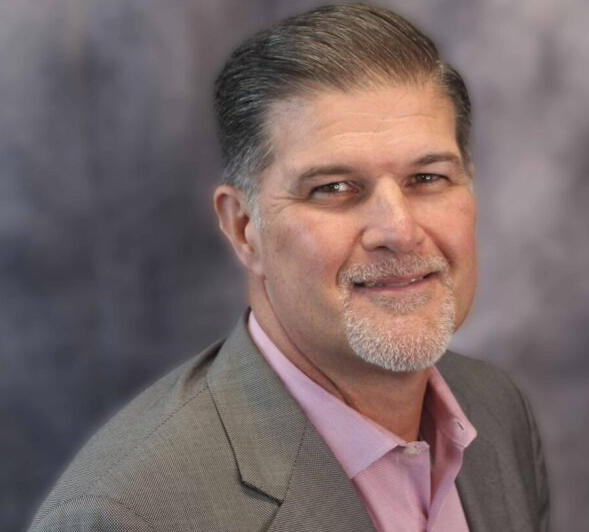In an inspiring and insightful session, Ed Probst, President of Vanguard Benefits, recently led a comprehensive workshop on “Strategies for a Successful Wellness Program” for CP State. The event, held at CP State’s headquarters, drew a diverse crowd of HR professionals, wellness coordinators, and executives, all eager to learn from a leader in the field of employee benefits and wellness.
Setting the Stage
Ed Probst, with his extensive experience in the benefits industry, is renowned for his ability to blend strategic foresight with practical implementation. As the President of Vanguard Benefits, he has been at the forefront of developing innovative wellness programs that not only enhance employee well-being but also drive organizational success.
Key Strategies for Success
Ed Probst began his presentation by emphasizing the fundamental shift from traditional wellness programs to more holistic approaches that address physical, mental, and emotional health. Here are some of the key strategies he outlined:
Data-Driven Decision Making:
Probst stressed the importance of using data to identify the specific health needs and risks within an organization. By analyzing health assessments, claims data, and employee surveys, companies can tailor their wellness programs to address the most pressing issues.
Creating a Culture of Wellness:
Building a successful wellness program requires more than just offering gym memberships or health screenings. Probst highlighted the need for creating a supportive environment where wellness is integrated into the company culture. This includes leadership buy-in, regular communication, and engaging wellness activities.
Personalization and Flexibility:
Recognizing that one size does not fit all, Probst advocated for personalized wellness plans that cater to individual employee needs. Offering a variety of programs, from stress management workshops to nutrition counseling, ensures that employees can find resources that resonate with them.
Incentives and Engagement:
To keep employees motivated, Probst recommended implementing incentive programs that reward participation and achievement. These could range from financial incentives to recognition programs, fostering a sense of accomplishment and encouraging ongoing engagement.
Technology Integration:
In today’s digital age, leveraging technology can enhance the effectiveness of wellness programs. Probst discussed the use of wellness apps, wearable devices, and online platforms that provide employees with easy access to health resources and enable real-time tracking of their progress.
Real-World Success Stories:
Probst enriched his presentation with real-world examples of companies that have successfully implemented these strategies. He shared case studies demonstrating how a data-driven approach led to significant reductions in healthcare costs and improved employee health outcomes. These stories provided tangible evidence of the benefits that a well-structured wellness program can bring to an organization.
Interactive Workshop:
The session also included an interactive workshop where attendees collaborated in small groups to design mock wellness programs based on hypothetical company scenarios. This hands-on exercise allowed participants to apply the strategies discussed and receive feedback from Probst and their peers.
Closing Thoughts:
As the session drew to a close, Ed Probst left the audience with a powerful reminder: “Investing in your employees’ health is not just a benefit; it’s a strategic imperative. A successful wellness program not only enhances individual well-being but also drives organizational success.”
The attendees left with a wealth of knowledge and actionable strategies to implement in their own organizations. CP State’s commitment to enhancing its wellness initiatives, guided by Probst’s expertise, is set to pave the way for a healthier, more engaged, and productive workforce.
Stay tuned for more updates on CP State’s journey towards wellness and the positive impacts of their enhanced wellness program.

